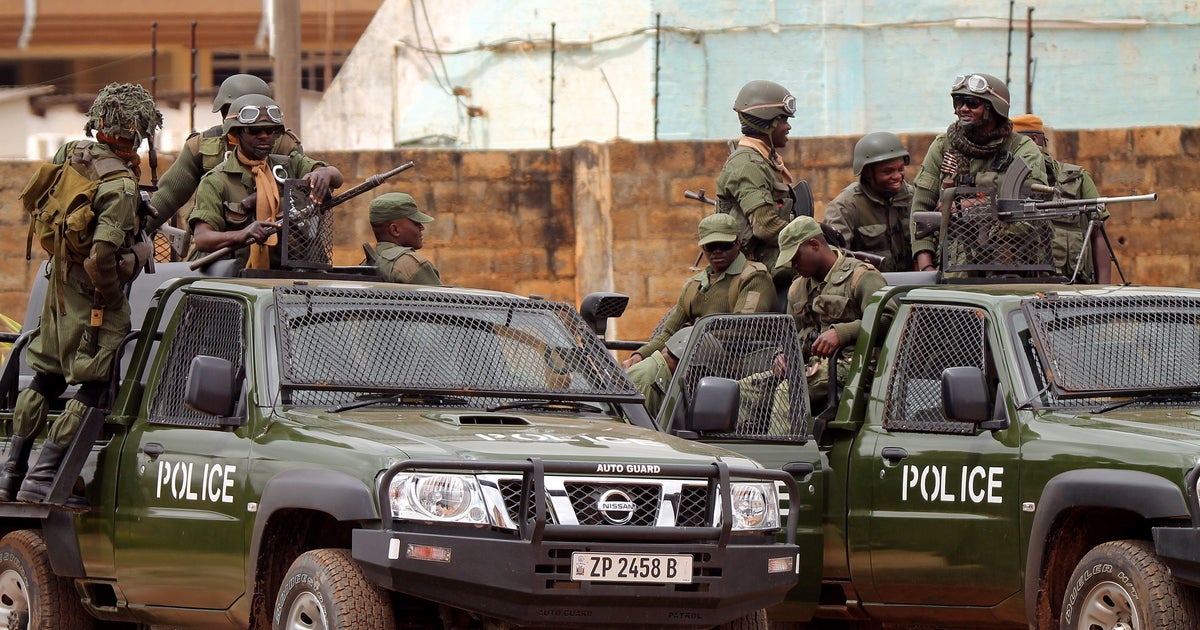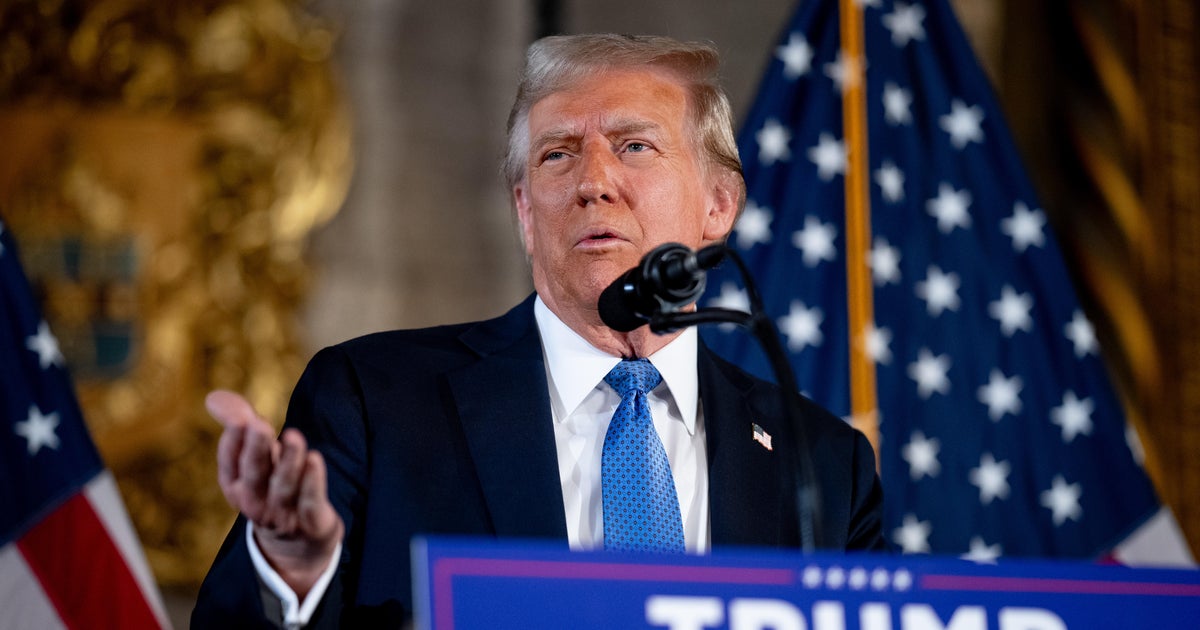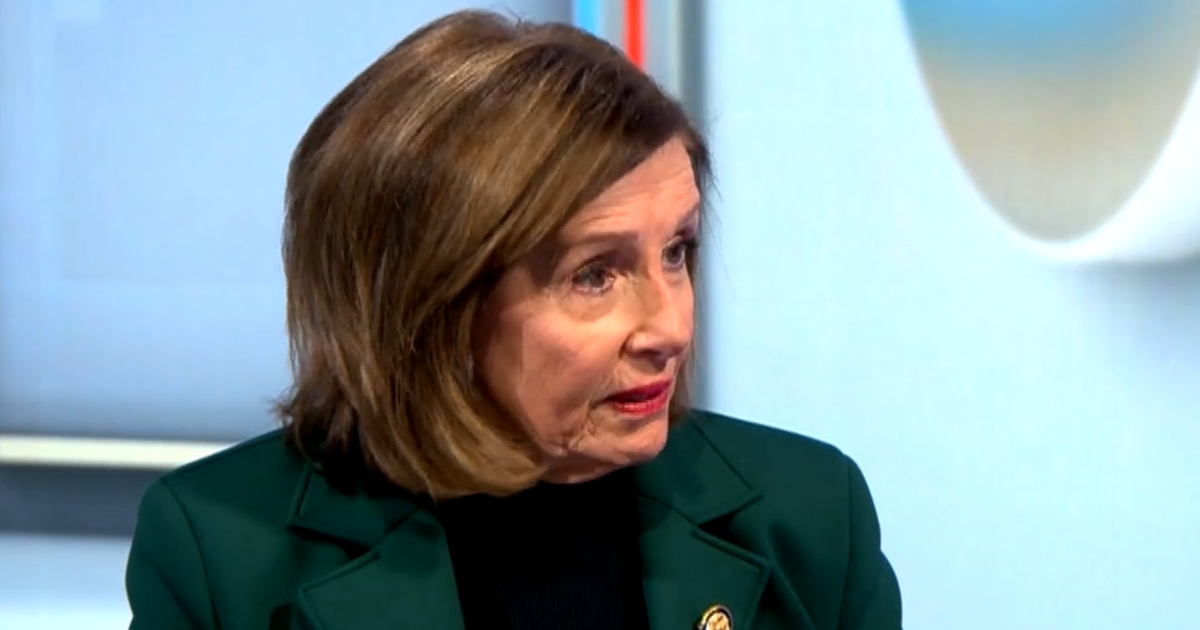NYC official and ex-cop says police profession has been "hijacked"
Brooklyn Borough President Eric Adams said he knows "what it is to be spit at" as a police officer, though it did not stop him from marching with his fellow New Yorkers during a week of unrest and protests over the death of George Floyd.
Adams, an African American himself, was a victim of police violence in his youth. He went on to serve as a New York City cop for over two decades, and saw firsthand how necessary reforms are.
"I know what it is to have people call you Uncle Tom and hate you, and not realize it was just a few minutes ago I was marching next to you," he told "CBS This Morning: Saturday" co-host Dana Jacobson.
Brooklyn has seen a week of violence toward both protesters and police, and a myriad of arrests for demonstrators out past New York City's curfew.
"As I'm out walking the streets with the protests… I'm hearing that the pain and anger, and we're yelling at each other. And we're not even hearing or seeing each other, we're so immersed in pain," Adams said.
Relief for that pain, according to Adams, needs to start from the top with acknowledgment of "the problems we're having in police in our country."
"We have to create a culture of zero tolerance," he said. "The noble profession has been hijacked with people who would use — they abuse — their insecurities."
He called it "unfortunate" that many officials at the top tiers of NYPD leadership and police throughout the country "were abusive," creating what he called a culture of "good old boys having fun."
Throughout the history of the modern police force, a culture of silence has been pervasive in keeping police officers from being held accountable, known as the "blue wall." In other words, police officers who report fellow cops for violating rules could face retaliation.
"In fact, if you did it, you would be targeted, and you would be called a rat," Adams said.
He called for a "mechanism" in which officers are either able and willing to stop abuse from happening, or are able to report it afterwards without jeopardizing their safety.
"Not only do you have an obligation to stop a person that's not a cop from committing a crime, you have an obligation and responsibility to stop your brother officer from committing a crime," Adams said. "Because policing is real. Fighting crime is real."
Adams also said police departments need to change how they assign officers, and not every police officer is equipped for the same things.
"Because you know how to fight crime doesn't mean you know how to deal with the sensitive issues like handling protests," he said.
But the "first step" toward reform, Adams said, come from "two sides."
"First, the police, they must be ready for real reform… they need to identify the national and local leaders and sit down and hear from them," he said. "Second, I'm encouraging parents to march with their children, to be there. This is a teaching moment for us all."



